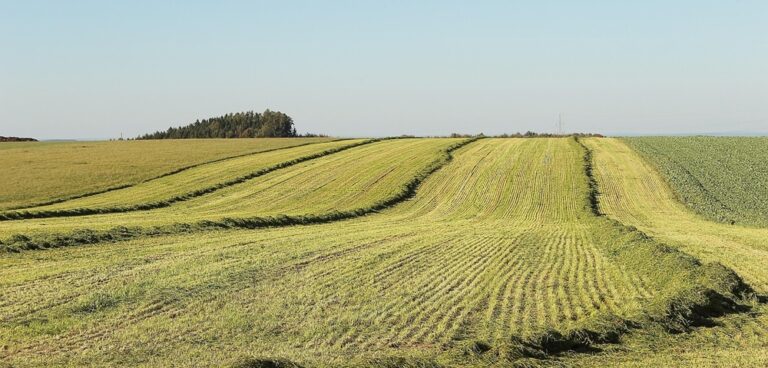By Joseph Fletcher-Hunt & Mark Turner, Partners at Aaron & Partners
We’ve got a new series of Clarkson’s Farm on our screens – complete with all the usual chaos and charm – but behind the rural drama lies a very real warning for business owners. In the latest series, Clarkson sets his sights on buying a pub, and it seems like a savvy rural investment until he discovers a bizarre planning clause: the pub garden must remain a public ‘picnic area’, complete with toilets.
Amusing? Yes. But also painfully familiar for any small or medium-sized business looking to buy, lease or expand into rural property.
Whether you’re eyeing up a countryside café, a farm-to-fork shop, or a B&B, it’s easy to be swept away by the setting. But if you don’t check the legal groundwork, you could be stepping into a mess of inherited clauses, historical obligations and hidden restrictions – the kind that turn dream sites into legal nightmares.
The rural charm trap
For many SMEs, rural properties offer opportunity. You get character, space, a strong community feel and often better value than in urban centres. But with those benefits come risks, often buried in paperwork.
Unlike new builds or standard high street premises, rural sites are more likely to come with centuries-old title deeds, land use quirks and unusual planning conditions, and while that sounds like a solicitor’s problem, it quickly becomes your problem when you discover that you can’t run events after 6pm, or that your car park doubles as a public right of way. These aren’t hypothetical scenarios – they can and often do derail business plans.
Real costs, real consequences
Say you’re negotiating to buy a countryside inn. You’ve run the numbers, spoken to suppliers, even lined up soft launch dates. But then your legal team flags a clause that prohibits commercial trading on site – or one that requires you to maintain a historic well. You’re suddenly staring at major delays, unexpected costs, or a deal you can’t pursue without huge risk.
And here’s where it gets worse: if you’re relying on a bank loan or commercial mortgage, any ambiguity or unresolved issues can cause your lender to pull out. Finance deals can collapse at the eleventh hour – and it happens more often than you’d think.
SMEs don’t have deep pockets to recover from missteps like this. Every wasted survey or valuation chips away at already tight margins. You don’t just risk losing the property – you risk months of work, thousands of pounds, and serious reputational damage if your plans publicly fall apart.
When to get legal advice
One of the biggest myths we hear is that legal checks happen after an offer is accepted. Technically, yes – that’s when formal investigations usually begin. But by then, you’re already emotionally and financially committed.
Savvy SME buyers and tenants get legal input earlier. A quick pre-offer review can save you a world of stress. A good solicitor can raise obvious red flags in advance, and can explain what the clauses actually mean in practice, and help you build protections into your offer – like escape clauses or conditions that allow you to walk away if something unexpected crops up.
This advice applies whether you’re buying freehold or negotiating a lease. In fact, for leasehold agreements, you might have more flexibility to negotiate terms or push landlords to clarify responsibilities before contracts are drawn up.
Clarkson’s cautionary tale
Clarkson’s now infamous “picnic clause” wasn’t just a joke for the cameras. It’s a textbook example of how even high-profile investors can be tripped up – and usually it’s not just about the odd toilet obligation. We’ve seen clauses that prevent certain types of signage, conditions requiring land to be kept open to the public, and agreements that tie you into shared maintenance costs with neighbours for access roads or drainage systems. None of this is rare, and none of it is easily undone.
With many rural SMEs expanding into hybrid spaces – pubs with rooms, farm cafés, artisan production units, event venues – the legal complexity increases. Your property might be caught between planning rules, environmental designations, public rights of way, or agricultural classifications. That’s a lot of red tape if you haven’t had it flagged upfront.
Eyes wide open
This isn’t about scaring anyone away from rural investment; in fact, it’s quite the opposite. Rural SMEs are the backbone of our local economy, creating jobs attracting tourism and building stronger communities. But that’s even more reason why legal advice shouldn’t be treated as a box-ticking exercise, and instead should be part of a risk management strategy. In today’s volatile landscape, that’s non-negotiable.

